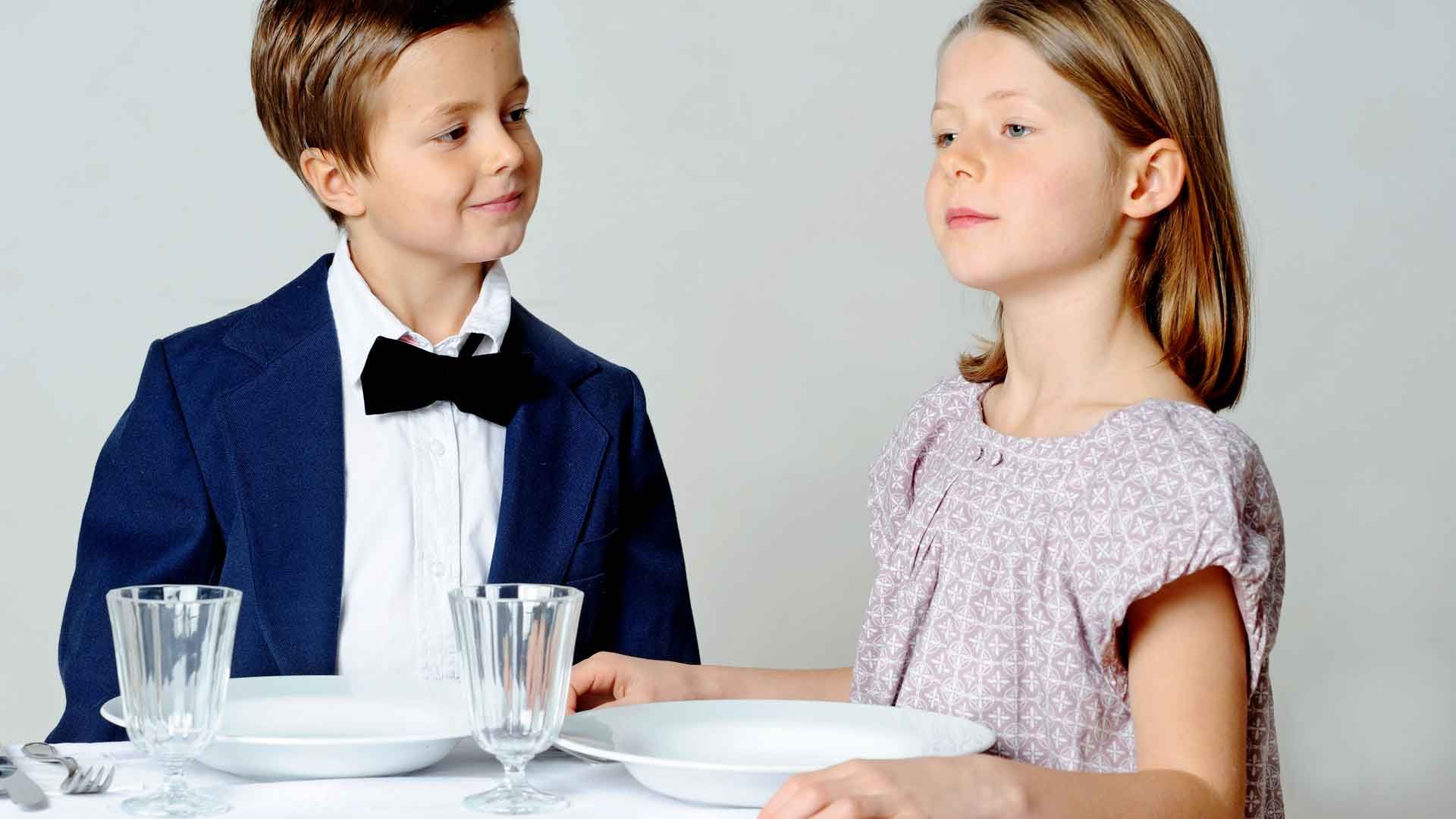20 ways to help your child with perfectionism

Struggling with a child who’s a perfectionist? Wondering how to help them accept that good is good enough? Without a perfectionism vaccine available, we must rely on former headteacher and Laughologist, Sarah Creegan, to give you a dose of different strategies to help.
Perfectionism on the increase
Even before COVID-19, perfectionism was on the increase in children and young people. After months of homeschooling, parents and teachers are now telling us that more and more children are struggling to accept that good is good enough. Average is okay. And, on the days when everything goes a bit pear-shaped, that’s fine too.
In his TED talk, social psychologist Thomas Curran explains the impact that striving to be perfect can have on children and young people’s mental health. There’s also a really helpful, short film clip which explains The Perils of Perfectionism to children, through cartoons and comparisons with ice-cream.
Apart from showing the clip to children and chatting about it, which we’d highly recommend, what else can adults do to help their children stay mentally well in these current challenging times? What can we start to do going forward?
Recognising when they’re putting too much pressure on themselves
Whilst it’s great when children want to do their best, it’s important for parents and teachers to recognise when they’re putting too much pressure on themselves. For example, you might notice that your child is developing some unhelpful strategies which, in the short term, might help them to manage their anxieties and/or feel in control.
But, in the long term, will hinder their progress and have an adverse effect on their self-esteem and confidence. They might be:
- Avoiding taking risks and only doing things that are within their comfort zone.
- Unwilling to have a go, if they think the task is too tricky.
- Having meltdowns, if they make mistakes or think they’ve failed.
Helping your child to overcome perfectionism
- Firstly, it’s important to know that this requires continuous effort from you. Children won’t learn to be enquiring, independent, happy-to-have-a-go learners just because they’ve been told they should be. Similarly, a one-off lesson on how to be resilient isn’t going to do the trick. For any schools looking to help children develop and embed great coping skills, there’s Laughology’s Happy-Centred School PSHE programme.
- Adults need to model being learners. In particular show you are a fallible ‘finder-outer’ and not a brittle know-all.
- When you or your child are ‘stuck’, make the problem-solving experience fun. See how many different solutions you can find.
- Talk to your child about the mistakes that you make and how you’ve learnt from them. Obviously, there are certain mistakes that the kids don’t need to know about!
- Adopt a warm and affectionate approach to your child’s mistakes. Yes, we know that when it’s the same thing over and over again, it can be frustrating. But, instead of losing your patience when they come downstairs for the fifth day on the trot without brushing their teeth, give them a strategy to help them remember. Maybe a visual that is stuck to their bedroom door, the bathroom door, the sink, the mirror...you get the idea!
- Encourage your child to experiment. If, just before they go to bed, they say they’d like to see what happens when you attach different weights to balloons with pink string, nip onto Amazon Prime (other retailers are available), so that any resources that you haven’t got at the moment, are there asap.
- Praise the effort and perseverance that your child makes. This will take longer than just saying ‘well done’ but is worth it. So, try saying something like, ‘I know that you found a few of the words in your story tricky to spell, but I really like that you didn’t take the easy option and go for smaller, easier words. Also, it’s great that you tried, before you asked me.’
- Help them to understand that, if they speedily get a whole page of sums right, the chances are they haven’t learnt anything that they didn’t already know. Apologise for making it too easy for them, and explain that now you’re going to set them an exciting challenge to really work their brain.
- Read books where the character overcomes a problem and discuss this with your child. What if he/she had given up? We love The Story of the Little Mole who knew it was none of his business. Whilst it is a story of revenge, if the little mole hadn’t been persistent, he would never have found the culprit that had bobbed on his head!
- Talk to your child about ‘famous failures’. A long list of these can be found on the internet, including Michael Jordan and JK Rowling.
- Think about the language that you and your child use – instead of saying ‘I can’t do it’, say ‘I can’t do it yet’.
- Help your child to avoid the terms ‘never’ and ‘always’. These unhelpfully make situations sound permanent – ‘I always get my maths wrong’.
- Help your child to put things into perspective. So one little thing went wrong but that doesn’t mean it was ‘the worst day ever’.
- Help your child to understand that there are some things that they don’t have control over, such as other people’s words and actions. It’s much better to focus on things that they can control. For example, if they oversleep, they can choose to let it affect their whole day… or not!
- Go on a learning journey together. Maybe you’ve always wanted to learn to juggle or play the ocarina?
- Avoid using labels such as ‘bright’ and ‘clever’ – unless you are explaining that ‘that was a clever thing to do because…’. This is because a child who believes they are clever will be far less likely to take a risk and get something wrong, as then people might change their mind about them.
- Help your child to develop a wider emotional vocabulary by talking about your own feelings and theirs using sad, happy, angry, frustrated, excited, isolated, worried, lonely, embarrassed etc. This will help them and you to better understand exactly what it is they are feeling and why.
- Try not to jump in too soon when you see they are struggling with a task. Even if you are in a rush to get out of the house, encourage them to try to do their own coat zip or tie their own shoelaces, before helping out. ‘Tough, but kind, love’ is more likely to produce children who can self-regulate.
- Get your child to think creatively by setting them BIG questions with no right or wrong answers. If you’d like an example, scroll down our FLIP-it Thinking resource page to see the two Eds in action. Or invest in Ian Gilbert’s Little Book of Thunks.
- Find out more about the work of Carol Dweck, an American psychologist. For those of you who like a long read, with all of the research, here’s a link to her Growth Mindset book. If, like us, you’re a bit bonkers busy at the moment, this CBeebies page is fab!
- Created on .












































